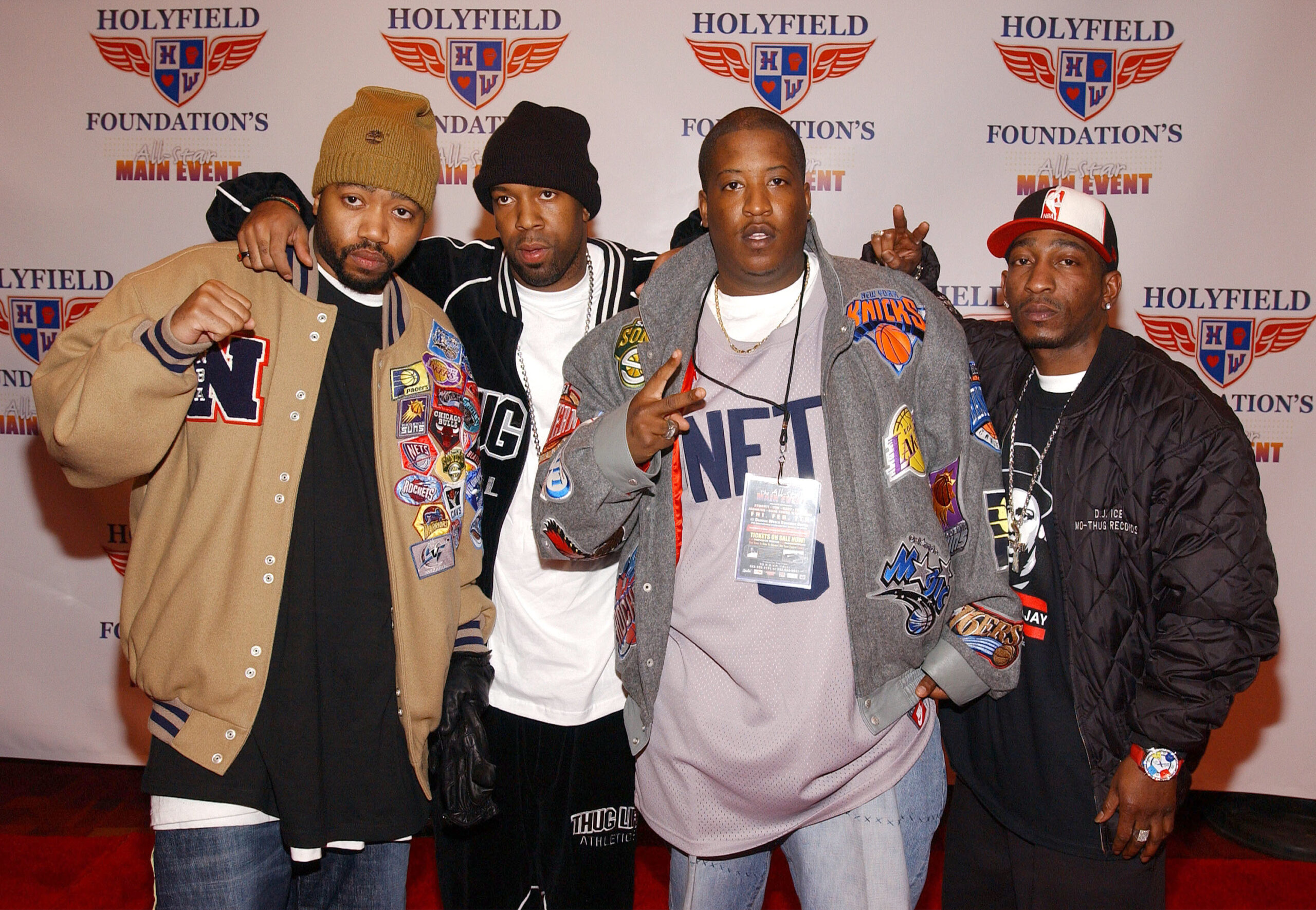While the music community continues to mourn the untimely death of Outlawz member Young Noble — who was only 47 at the time of his death on July 4 — it’s his cause of death that reveals a scary trend seen amongst Black men. The rapper
Suggested Reading
Born Rufus Lee Cooper III, Young Noble reportedly died by suicide, according to TMZ. As of this writing, the details remain unclear, though initial reports suggest he used a handgun.
Fellow Outlawz member E.D.I. Mean shared the news on Instagram: “My brother and partner for over 30 years took his life this morning. Rest in Power Rufus Young Noble Cooper…PLEASE give his family and I some time to process this. Mental illness is a real battle being fought by so many.”
Noble’s death is yet another a reminder of the alarming suicide rates in the Black community. Suicide is the 11th leading cause of death in America, according to the National Institute of Mental Health. But within the Black community, the numbers are even scarier: One in three rural Black men reported suicidal thoughts within a controlled two-week period, according to a 2024 study from the University of Georgia.
Black men nationally are four times more likely to commit suicide compared to Black women, according to GoodRx. And unfortunately, there’s not a lot of research on the causes or any solutions.
“I think we often don’t look at where the disparities are and who the individuals most at risk are when we’re talking about suicide ideation,” Michael Curtis, co-author of the study and a graduate of UGA’s Human Development and Family Science Department in the College of Family and Consumer Sciences, told the University of Georgia. “We just know it’s bad, and particularly among young Black men.”
Researchers attribute depression, other mental health issues, drug and alcohol addiction as leading causes to suicide. But for Black men growing up in low-resource environments, racial discrimination and wealth gaps make this demographic more susceptible to feelings of isolation, which can prompt suicide, according to UGA.
“The narrowing racial gap in suicide rates tells us that this emergent issue among Black youth warrants attention now,” the report adds. “A cadre of Black researchers from across the United States has been ringing the alarm to raise awareness about this disturbing trend.”
Mental health issues don’t always start in adulthood. According to healthline.com, experts acknowledged Black youth are less likely to receive mental health care due to access to services and the negative stigma within their communities. So instead, they suffer through youth and adulthood… until they ultimately do the unthinkable.
Organizations like Healthline, AAKOMA Project, Black Emotional and
Mental Health Collective (BEAM) and The Boris Lawrence Henson Foundation (BLHF) aim to curve the stigma within urban communities while also providing resources for those in need.
Straight From 
Sign up for our free daily newsletter.



